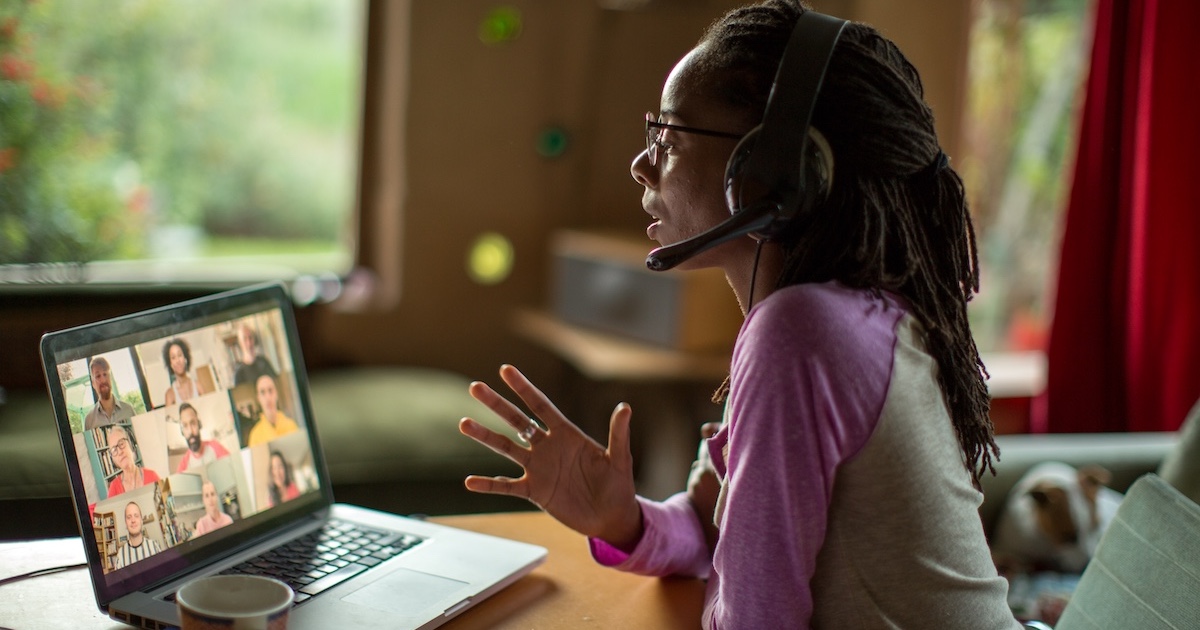By Ashley Erika O. Jose, Reporter
TELECOMMUNICATIONS companies are opposing the National Telecommunications Commission’s (NTC) proposal to require personal appearance for the registration of subscriber identity module (SIM) cards.
“Requiring mandatory appearance for SIM registration runs contrary to the principle of universal access. People from the countryside cannot and will not be able to do face-to-face registration because of the distance and challenges to travel,” Globe Telecom, Inc. General Counsel Froilan M. Castelo said in an e-mail to BusinessWorld on Thursday.
Support authors and subscribe to content
This is premium stuff. Subscribe to read the entire article.













